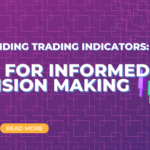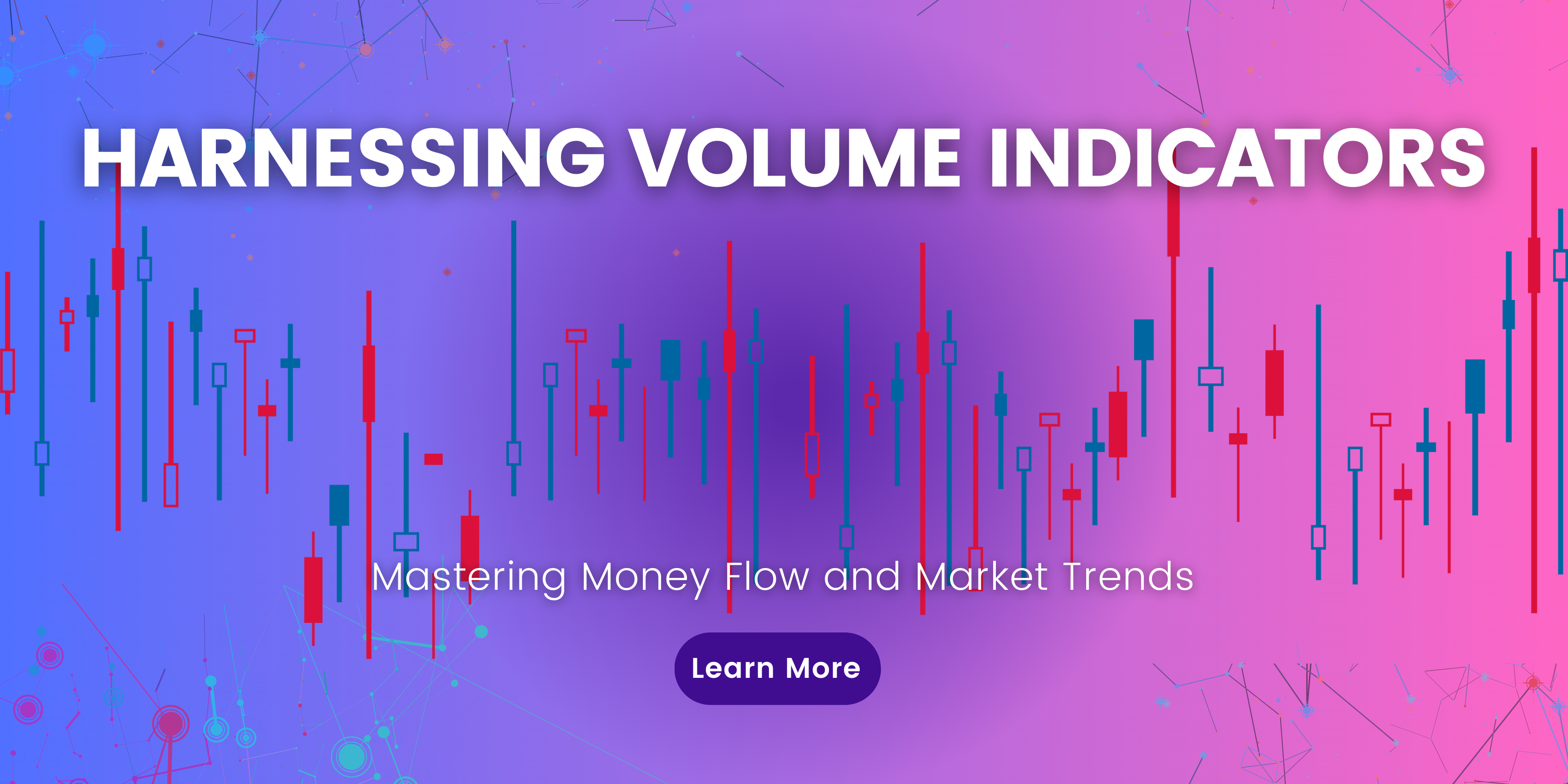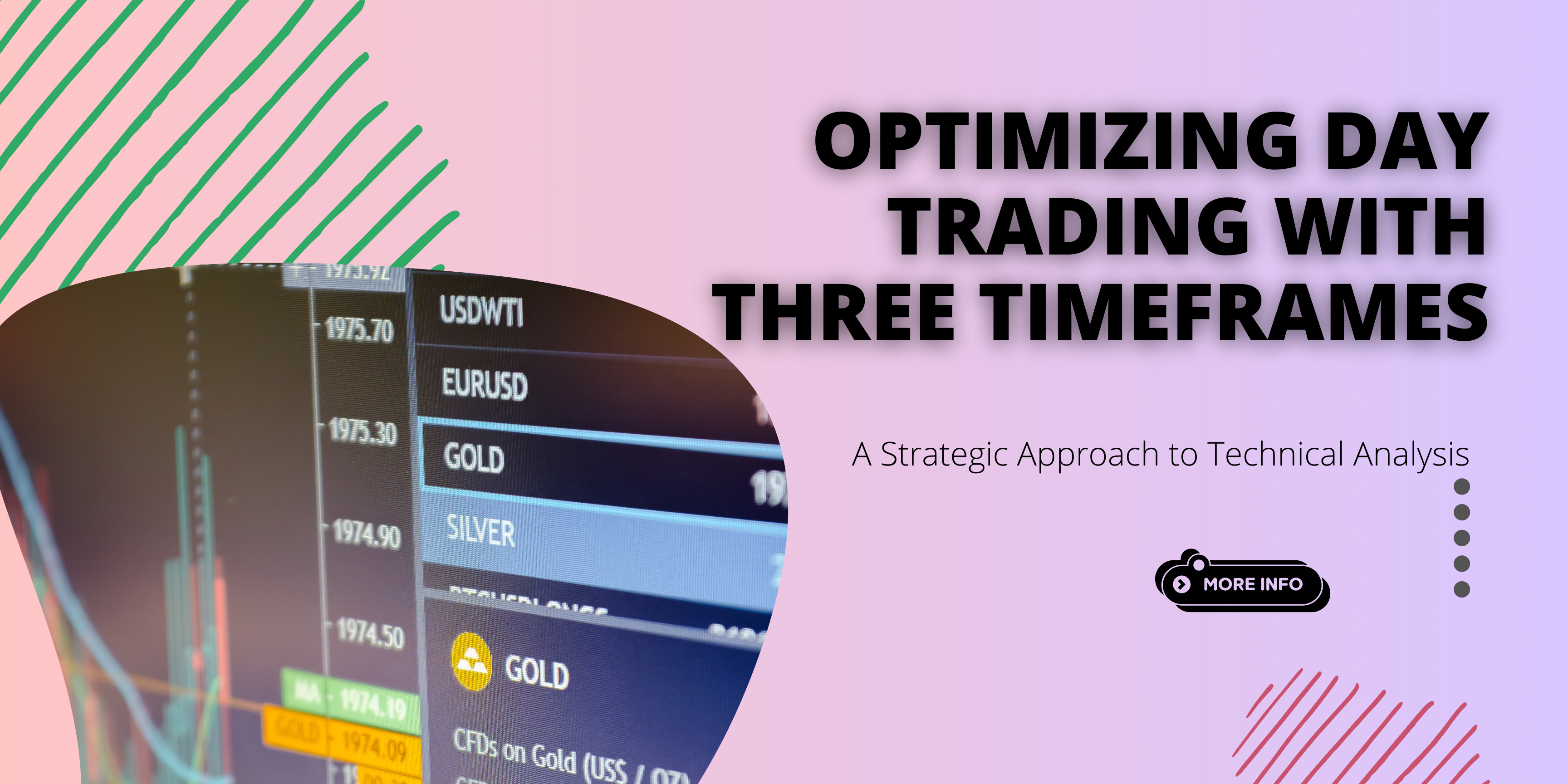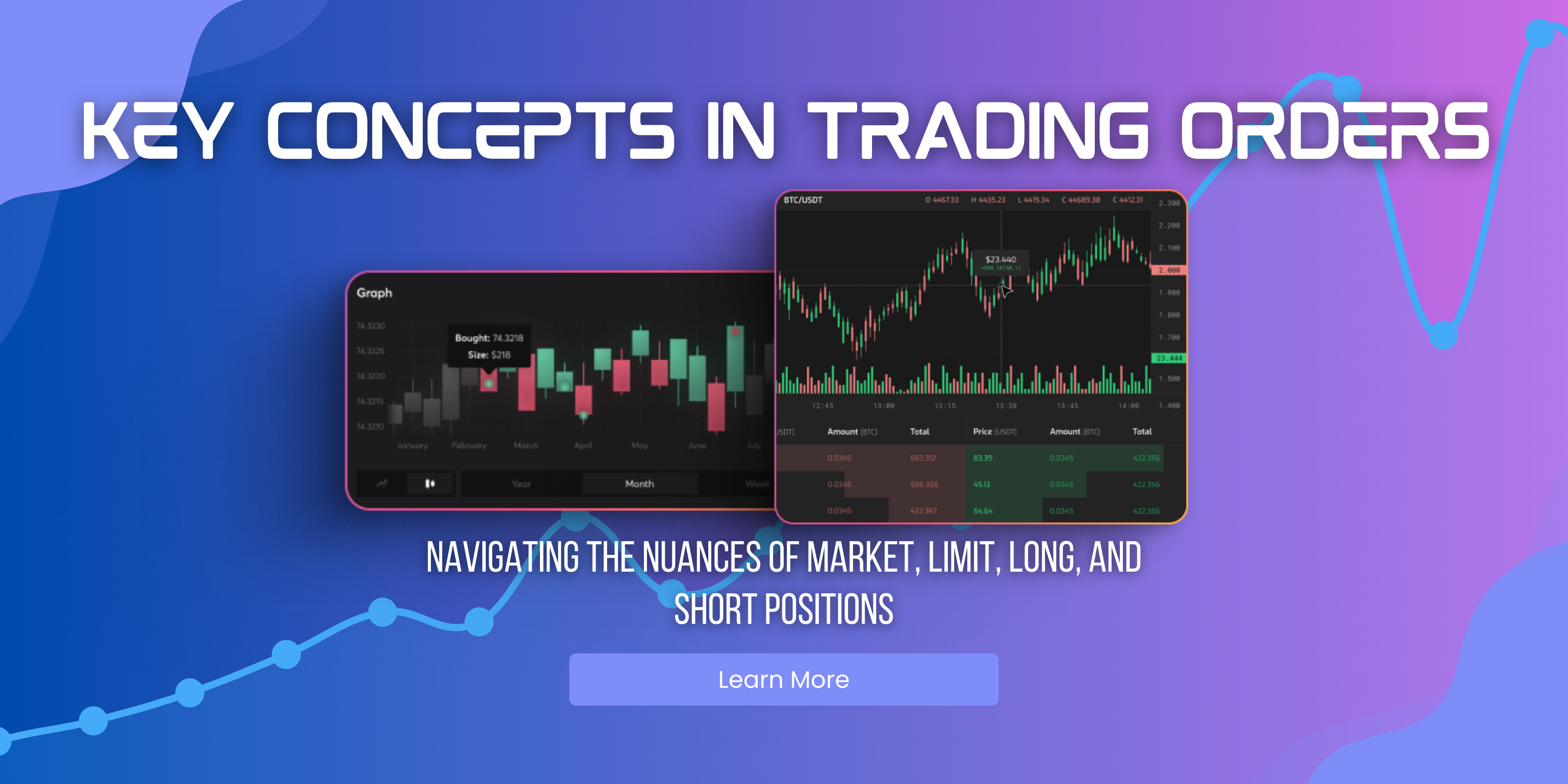The world of trading is not only about numbers, charts, and economic indicators; it is also deeply intertwined with human psychology. Emotions play a significant role in shaping traders' decisions and can have a profound impact on their trading outcomes. In this blog post, we will explore the psychology of trading, the emotions that influence …
The Psychology of Trading: Emotions and Decision Making

The world of trading is not only about numbers, charts, and economic indicators; it is also deeply intertwined with human psychology. Emotions play a significant role in shaping traders’ decisions and can have a profound impact on their trading outcomes. In this blog post, we will explore the psychology of trading, the emotions that influence decision making, and strategies to manage these psychological factors effectively.
Understanding the Influence of Emotions
Emotions such as fear, greed, hope, and regret can significantly influence traders’ decision-making processes. Fear of missing out (FOMO) may lead to impulsive trades, while the fear of loss can prevent traders from taking necessary risks. Greed can drive traders to overtrade or hold onto winning positions for too long, while regret can result from missed opportunities or poor decisions.
The Role of Discipline and Patience
Discipline and patience are essential psychological attributes for successful trading. Discipline helps traders adhere to their trading plans, risk management strategies, and predefined entry and exit points. Patience allows traders to wait for high-probability trading setups and avoid making impulsive decisions driven by short-term emotions.
Overcoming Emotional Biases
Traders often face cognitive biases that can cloud their judgment and lead to suboptimal decisions. Confirmation bias, where traders seek information that confirms their existing beliefs, can prevent them from considering alternative perspectives. Loss aversion bias can lead to irrational decision making, as traders may prioritize avoiding losses over maximizing gains.
Developing Emotional Intelligence
Emotional intelligence is crucial for traders to navigate the psychological challenges of trading. By developing self-awareness, traders can recognize their emotional triggers and thought patterns, allowing them to respond to market events with greater clarity and composure. Additionally, empathy and social skills can help traders understand market sentiment and anticipate potential shifts in market dynamics.
Implementing Risk Management Strategies
Effective risk management is a cornerstone of managing emotions in trading. By defining risk tolerance levels, setting stop-loss orders, and adhering to position sizing principles, traders can mitigate the emotional impact of potential losses. Risk management strategies provide a structured framework for decision making, reducing the influence of impulsive emotions on trading outcomes.
The psychology of trading plays a pivotal role in shaping traders’ decisions and overall performance. By understanding the influence of emotions, cultivating discipline and patience, overcoming cognitive biases, and developing emotional intelligence, traders can enhance their ability to make rational, well-informed decisions in the dynamic and often unpredictable world of trading. Managing the psychological aspects of trading is an ongoing journey that requires self-awareness, continuous learning, and a commitment to mastering the mental aspects of the trading process.








